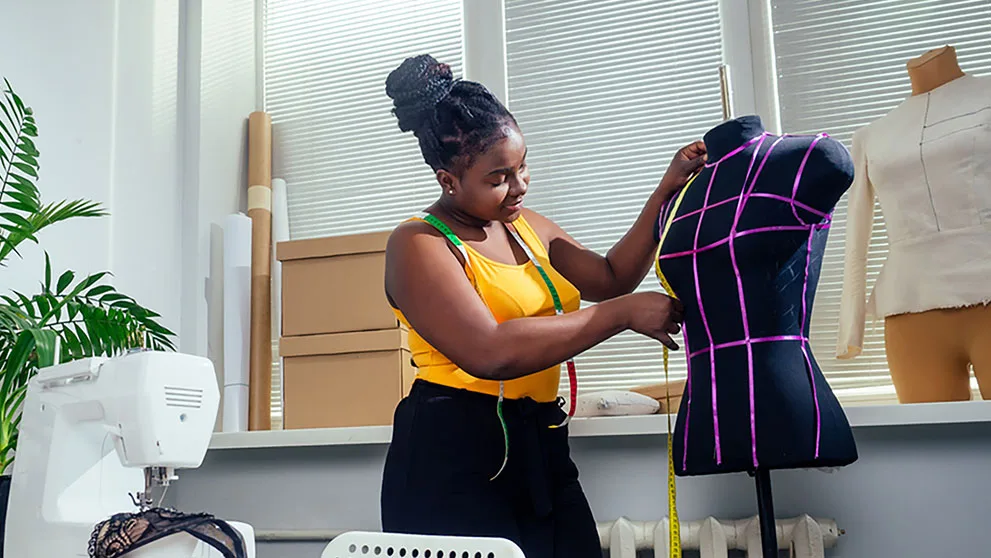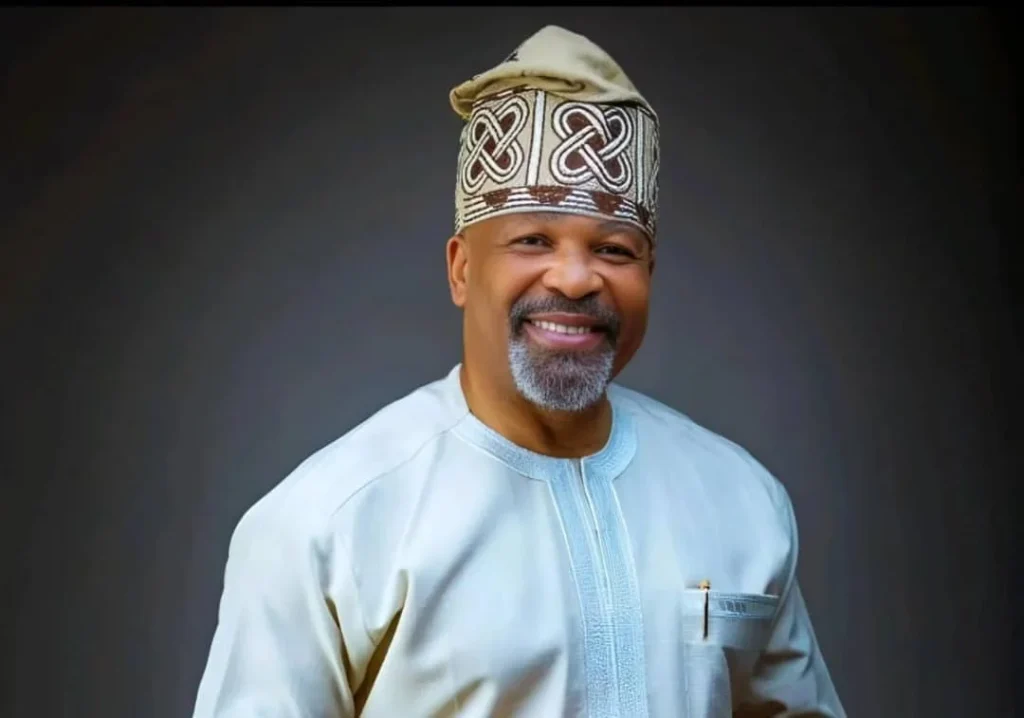Nigeria’s fashion industry reached a significant milestone in 2024, contributing a remarkable US $6.1 billion to the nation’s Gross Domestic Product (GDP), according to a comprehensive analysis by BusinessDay. This substantial economic impact reflects the sector’s rising influence not only within the country but also across global fashion markets. Fueled by a surge in consumer interest in quality craftsmanship, innovative designs, and cultural authenticity, Nigeria’s fashion ecosystem is evolving into one of the continent’s most dynamic growth engines.
High-Quality Craftsmanship Fuels Growth
The report attributes this economic leap to a growing demand for garments that emphasize local craftsmanship, detailed finishing, and creative storytelling. Nigerian designers, tailors, and textile producers have increasingly turned to heritage-inspired motifs, locally sourced fabrics, and handmade embellishments. This return to authenticity, coupled with modern tailoring, has won over a wide customer base seeking distinctive fashion pieces.
From bustling markets in Lagos to runways in London and Paris, Nigeria’s fashion offerings are gaining prestige. Designers like Lisa Folawiyo, Orange Culture, and Tolu Coker have captured international attention for their unique ability to fuse traditional Nigerian themes with global trends—making Nigerian fashion both globally appealing and deeply rooted in cultural identity.

Domestic and Global Demand On the Rise
According to the BusinessDay report, domestic consumption of Nigerian fashion has expanded rapidly over the past two years. A growing middle class, increased digital access, and a flourishing youth culture that prioritizes self-expression through fashion have all contributed to the sector’s boom. Simultaneously, international buyers are recognizing the value of Nigerian designs as consumers around the world turn to ethically produced, culturally rich clothing.
Export opportunities are also expanding, with Nigerian fashion houses participating in international trade shows and collaborative initiatives with fashion councils in Europe and North America. The rise in e-commerce platforms specifically tailored to African fashion has further improved global access to Nigerian garments, boosting both revenue and brand visibility.
Fashion’s Role in Nigeria’s Economic Diversification
Beyond its financial contribution, the fashion industry plays a key role in Nigeria’s economic diversification strategy. As the country seeks to reduce its dependence on oil, creative industries like fashion, film, and music have emerged as viable pathways for sustainable growth and youth employment. The $6.1 billion boost to GDP showcases fashion’s growing role as a job creator—supporting designers, textile manufacturers, pattern makers, models, photographers, stylists, and content creators.
Furthermore, government-backed initiatives such as fashion grants, skills development programs, and trade facilitation schemes have begun to bear fruit. Institutions like the Bank of Industry and the Nigerian Export Promotion Council (NEPC) continue to support local brands in accessing international markets.
Preserving Heritage While Embracing Innovation
One of the defining features of Nigeria’s fashion boom is its ability to celebrate tradition while embracing innovation. From the resurgence of indigenous fabrics like aso-oke, adire, and ankara, to the incorporation of digital design tools and AI-powered trend forecasting, Nigerian fashion houses are bridging the gap between the past and the future.
Moreover, sustainable fashion is becoming a key theme, with more designers turning to eco-friendly dyeing methods, biodegradable packaging, and upcycled materials. As the global fashion industry continues to wrestle with environmental concerns, Nigerian creatives are carving a niche in the emerging market for responsible fashion.
Looking Ahead: Fashion as a Global Export Asset
As the Nigerian fashion industry continues to grow, stakeholders are optimistic that the $6.1 billion figure is only the beginning. With strategic investment in infrastructure, access to financing for small and medium-sized enterprises (SMEs), and the scaling of digital retail platforms, experts project even greater contributions to GDP in the coming years.
Ultimately, the 2024 performance underscores the enormous potential of Nigeria’s fashion sector as both a cultural and economic force. As demand continues to rise—both locally and internationally—the industry is poised to strengthen its role as a key pillar of national development and a powerful ambassador of Nigerian creativity to the world.





